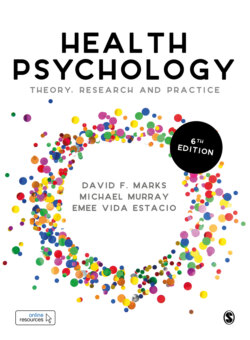Читать книгу Health Psychology - Michael Murray - Страница 88
На сайте Литреса книга снята с продажи.
Christian ideas
ОглавлениеGalenic ideas dominated medicine in Europe for almost two millennia. However, during the Middle Ages in Europe, Galen’s work became confined more to the learned few and other ideas based upon religion became more commonplace. Illness was often seen as punishment for humankind’s sinfulness. The Church’s seven deadly sins came to be associated with pathological conditions of the body. For example, pride was symbolized by tumours and inflammations, while sloth led to dead flesh and palsy (Thomas, 1979).
Christianity drew upon different traditions. The ascetic tradition scorned concern for the body and instead promoted acts such as fasting and physical suffering, which supposedly led to spirituality. With the Protestant Reformation this belief was replaced with the idea that the body had been given to humans by God. It was the individual’s religious duty to look after and care for the body. Illness was seen as a sign of weakness and neglect. To honour God required living a healthy life and abstaining from excess, especially in terms of sex and diet.
Despite the authority of the Church, these religious interpretations began to decline with the growth of medical science. While in terms of the expert belief system there has been increasing acceptance of a naturalistic view of disease, the moral basis of health continues to underlie much of contemporary health belief. Externalizing religious health beliefs has also been shown to influence health and well-being outcomes. For example, in a US survey of religion and health (n = 2948), belief in divine control over health has been shown to impact negatively upon health outcomes, while also contributing to a better sense of life satisfaction (Hayward et al., 2016)
